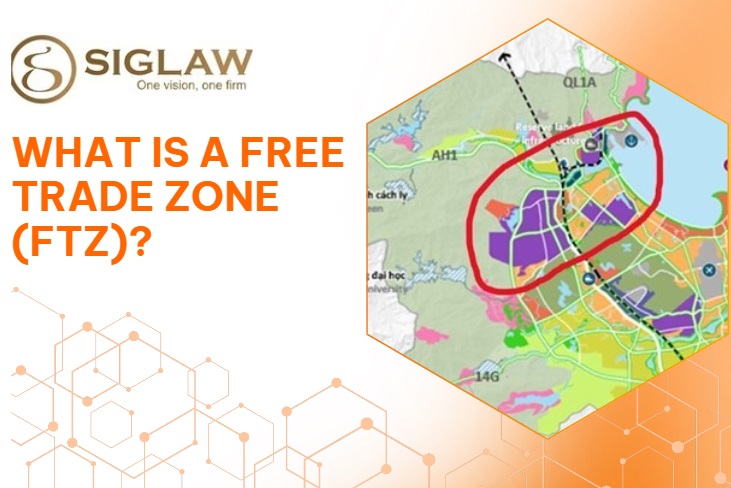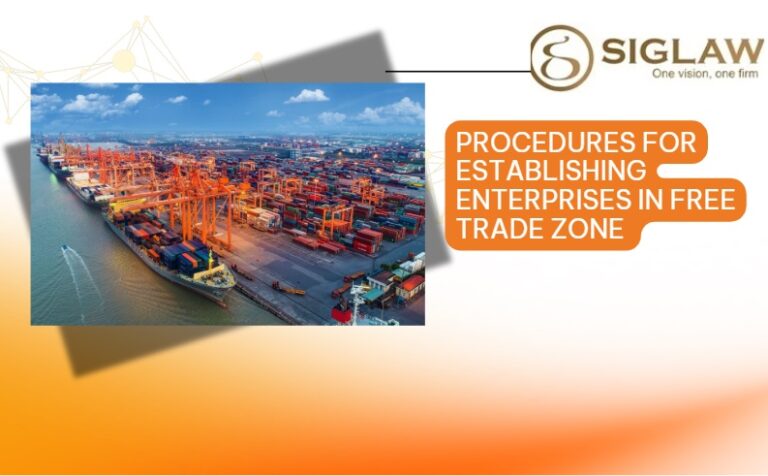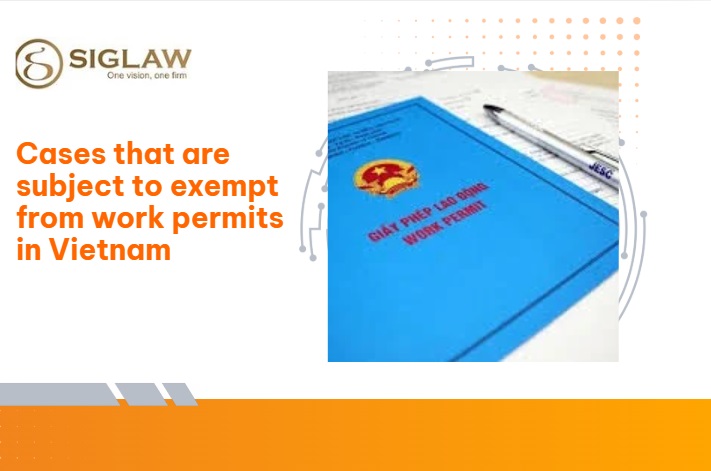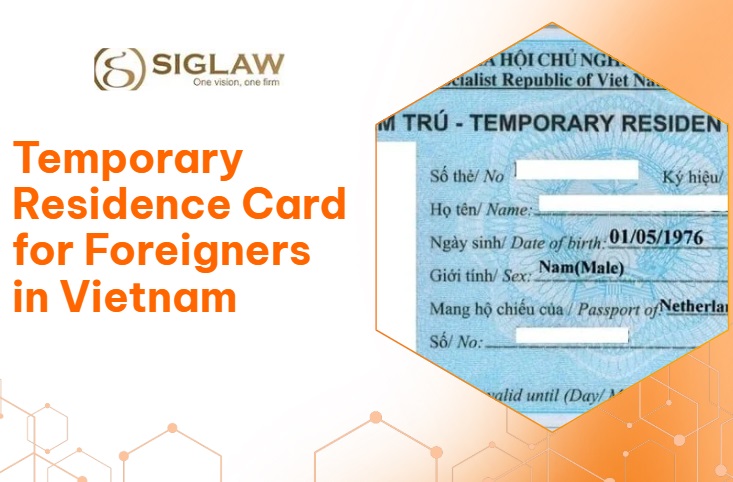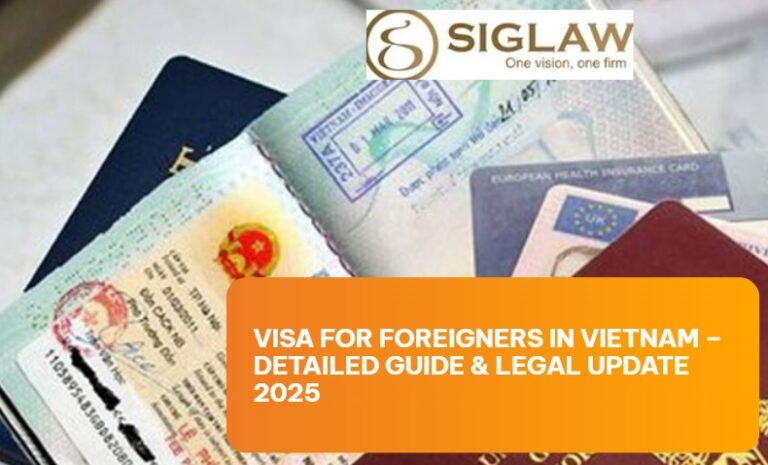In the context of Vietnam’s continued market liberalization and strong attraction of foreign investment capital, the acquisition of Vietnamese enterprises (M&A) by foreign investors (FDI) has become a prominent trend. M&A not only shortens the time required for market entry but also offers advantages in terms of existing distribution systems, brand reputation, human resources, and established customer networks. However, behind these appealing deals lie numerous legal, risk-related, and strategic issues that must be carefully examined.
Legal regulations governing acquisitions between foreign investors (FDI) and Vietnamese enterprises
The acquisition of Vietnamese enterprises by foreign investors is regulated under Articles 24, 25, and 26 of the Law on Investment 2020 and Articles 65 and 66 of Decree No. 31/2020/NĐ-CP.
Accordingly, foreign investors who contribute capital, purchase shares, or acquire capital portions of an economic organization must satisfy the following requirements:
- Market access conditions applicable to foreign investors;
- Assurance of national defense and security;
- Compliance with land law provisions regarding eligibility for land use rights, including conditions for using land on islands, border communes/wards/towns, and coastal communes/wards/towns.
In addition, when contributing capital, purchasing shares, or acquiring capital portions in a Vietnamese economic organization, the investor must meet the relevant conditions and follow the procedures for member or shareholder changes in accordance with the Law on Enterprises 2020, applicable to each type of economic organization.
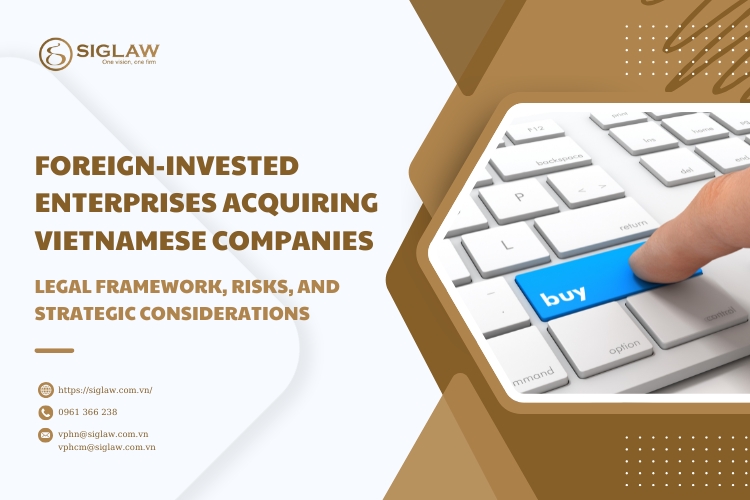
Procedures for Foreign Investors Contributing Capital, Purchasing Shares, or Acquiring Capital Portions
Foreign investors must complete the procedures for capital contribution, share purchase, or acquisition of capital portions in an economic organization prior to any change of members or shareholders if any of the following cases apply:
- The capital contribution, share purchase, or acquisition increases the foreign investors’ ownership in an economic organization operating in sectors or industries with market access conditions for foreign investors;
- The transaction results in foreign investors holding more than 50% of the charter capital of the economic organization in the following scenarios:
- Increasing foreign ownership from 50% or less to above 50%;
- Increasing foreign ownership when foreign investors already hold more than 50% of the charter capital;
- The foreign investor contributes capital, purchases shares, or acquires capital portions in an economic organization that holds a Land Use Rights Certificate in islands, border communes/wards/towns; coastal communes/wards/towns; or other areas affecting national defense and security.
Due Diligence and Risk Management in M&A Transactions
In mergers and acquisitions (M&A), managing risk is crucial to ensure the effectiveness and success of the transaction. While M&A offers significant opportunities for business expansion and increasing shareholder value, it also carries legal and commercial risks that can lead to disputes and litigation. To minimize these risks, management must conduct thorough assessments and implement risk management plans early in the transaction process.
Violation of Ownership Ratio Regulations:
Certain sectors, such as advertising or telecommunications, impose limits on foreign ownership. Without careful due diligence, acquisitions may violate legal regulations. Investors need to carefully review Vietnam’s international commitments under the WTO and Free Trade Agreements (FTAs) to ensure ownership ratios are compliant.
Breach of Representations & Warranties:
During M&A, the seller usually provides the buyer with representations and warranties regarding the company’s financial, legal, and operational status. Breaches can occur if the buyer discovers inaccurate representations or discrepancies in financial statements. Such breaches may give the affected party the right to terminate the transaction before completion. If unresolved, disputes may escalate to litigation. To mitigate this risk, management can establish a special committee to evaluate and make recommendations regarding the transaction. The audit team also plays a key role in due diligence to ensure that representations and warranties are properly executed.
Shareholder Litigation over Breach of Fiduciary Duty:
A common type of litigation in M&A arises when shareholders sue board members for alleged breaches of fiduciary duty. Claims often relate to failure to follow proper procedures in selling the company, not maximizing shareholder value, or conflicts of interest. To avoid such issues, management must conduct the sale process transparently, openly, and fairly. Engaging experienced legal advisors, such as Siglaw, early on is crucial to analyze legal risks and ensure the transaction is executed appropriately.
Other Transactional Risks:
Beyond common disputes, other risks may arise during M&A, such as the buyer being unable to complete the transaction due to financial constraints, or strategic lawsuits from competitors aimed at disrupting the deal. To reduce these risks, parties should draft clear contractual provisions and closely monitor the due diligence and transaction process. Strong cooperation and mutual trust from the outset form a foundation for a smooth and successful M&A.
Post-M&A Governance Conflicts:
After completing an M&A, governance conflicts may arise if the contract or company charter lacks clear protective provisions regarding transaction value, management rights, or decision-making mechanisms. Conflicts over control often occur between foreign (FDI) and Vietnamese shareholders if the company charter does not clearly define voting rights, profit allocation, and governance mechanisms.
Drafting detailed M&A contracts and clear company charters is essential to prevent disputes and ensure sustainable governance structures post-merger.
Advantages and Challenges of Acquiring a Vietnamese Company
Advantages for Investors in Acquiring a Vietnamese Company
Over nearly four decades of economic renovation (Đổi Mới), Vietnam has been recognized as a successful model in attracting foreign direct investment (FDI) thanks to an appealing investment environment, political stability, and high growth potential. Even during the Covid-19 pandemic, Vietnam remained attractive to investors due to its geographic advantages, institutional framework, and increasingly improved investment environment.
In practice, foreign investors’ capital contributions and share acquisitions have helped restructure domestic enterprises, diversify funding channels, and enhance competitiveness. Recognizing this role, the Vietnamese government has implemented various policies to improve the investment environment and encourage foreign investors to participate in capital contributions or share acquisitions in Vietnamese enterprises, thereby strengthening internal capacity and promoting sustainable economic development.
Challenges
Complex legal and ownership regulations:
Foreign investors often face difficulties navigating Vietnam’s legal system due to complex ownership rules, especially in regulated sectors such as banking, telecommunications, and real estate. Despite improvements in the investment environment, policies can change frequently, affecting long-term planning. Moreover, regulations related to shares and control in merged enterprises are not straightforward. According to the Vietnamese Enterprise Law, key decisions require at least 65% shareholder approval, making it challenging for foreign investors to control decision-making post-M&A.
Limitations in transparency and information access:
Lack of transparency is a major barrier in M&A. Financial data and company records are often not publicly available, complicating valuation and risk assessment. Financial statements may be inaccurate, causing delays or deal failures. Investors must conduct thorough due diligence and engage independent auditors or advisory firms.
Financial market opportunities with high risks:
Vietnam’s financial market offers potential for M&A but is affected by currency fluctuations, interest rates, and liquidity. This makes asset valuation and expected returns uncertain. Investors need sufficient financial resources and risk mitigation plans.
Cultural differences – both challenges and opportunities:
Differences in management culture between Vietnamese enterprises and foreign investors can cause post-M&A conflicts. However, if well managed, combining local knowledge with modern management practices can create competitive advantages and sustainable development.
With many years of experience in foreign investment and M&A advisory, and a team of lawyers and legal experts with extensive practical expertise, Siglaw Firm proudly serves as a trusted partner for both domestic and foreign investors.
We provide comprehensive advisory services on legal regulations, investment procedures, and optimal strategies for acquiring Vietnamese companies, helping foreign investors seize opportunities, mitigate risks, and ensure full legal compliance throughout the transaction process.
We are always ready to accompany our clients on their journey toward successful investment and sustainable growth in Vietnam.


